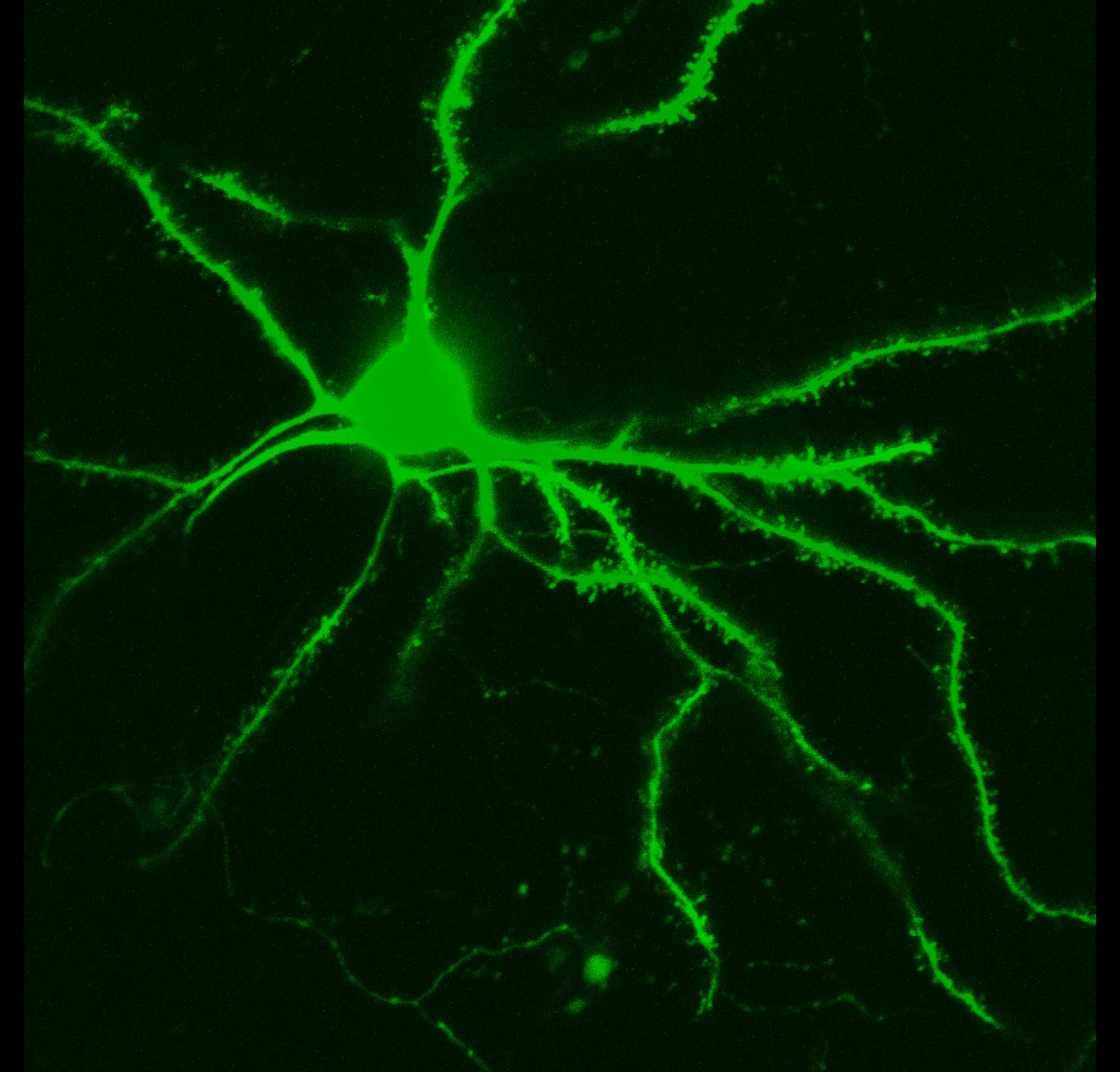Analyzing changes in functional connectivity among individuals with schizophrenia, researchers conducted a study exploring eigenvector centrality mapping (ECM) in the brain and uncovering potential genetic influences on these alterations. Schizophrenia, a mental health condition known for its functional dysconnectivity, was the main focus of the investigation.
The study included two stages: one with 91 patients with schizophrenia and 91 healthy controls, and a replication stage with 153 individuals with schizophrenia and 182 healthy participants. The researchers conducted whole-brain voxel-wise ECM analyses using resting-state functional magnetic resonance imaging data to identify any differences in connectivity patterns between the groups.
The results revealed notable changes in ECM across various brain regions associated with schizophrenia. Particularly, decreased ECM was observed in the bilateral superior and middle temporal gyrus, while increased ECM was found in the bilateral thalamus, consistent in both the discovery and replication stages.
Furthermore, the researchers delved into transcriptional profiles from six postmortem healthy adult brains to explore potential genetic factors underlying the observed functional dysconnectivity in schizophrenia. Through this comprehensive analysis, 420 genes were identified as being associated with changes in ECM, with enrichment in biological processes related to synaptic signaling and transmission.
Overall, the study offers new insights into the neural processes and pathways relevant to schizophrenia. By incorporating genetic data and linking it to functional connectivity changes in the brain, the research sheds light on the complex interplay between genetic factors and neural disruptions in individuals with schizophrenia. This deeper understanding could pave the way for targeted interventions and treatments that address both the genetic and neural aspects of the disorder.
As research in this field progresses, further investigations into the identified genes and their roles in neural processes may provide additional clues about the underlying mechanisms of schizophrenia and avenues for therapeutic development. The study serves as a significant contribution to unraveling the intricate connections between genes, brain function, and mental health disorders like schizophrenia.


